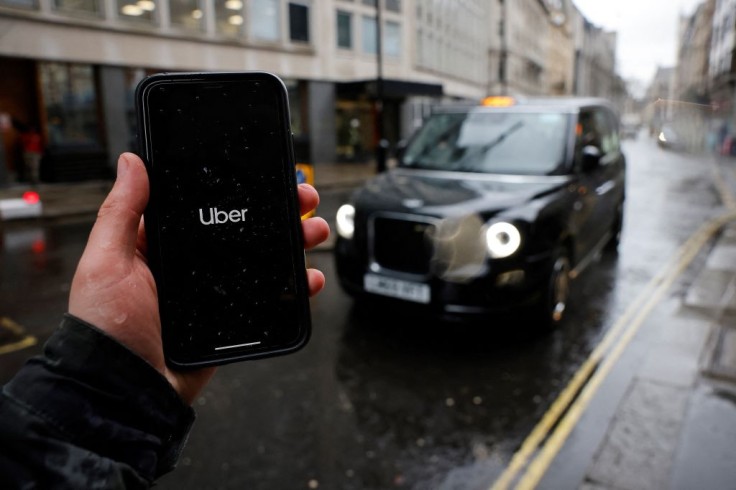
The Department of Justice announced in a press release on Monday that Uber and the lawsuit accusing the company of overcharging riders with disabilities have reached a settlement, according to the reports by Engadget and The Verge.
In spite of the fact that passengers with disabilities needed longer time to board a car, the ridesharing operator has agreed to pay at least $2.2 million to those who were wrongfully charged wait time fees.
Uber will also provide credits to more than 65,000 people who have obtained waivers for wait time fees; all of these individuals will receive double the wait time fees they were charged. The payout includes nearly $1.74 million for more than 1,000 riders who complained about the fees and $500,000 for "other harmed individuals."
The Title III of the Americans with Disabilities Act, which forbids discrimination by transportation businesses, was allegedly violated by Uber, the Justice Department said.
What Is Uber's Wait Fee Policy
The concerns are focused on Uber's wait fee policy, which levies extra charges when a passenger waits longer than two minutes to board the vehicle. It was 2016. As a result, passengers with disabilities had to pay more than regular passengers. This was introduced in 2016.
The Verge reported that a Florida woman, 52, who suffered a severe spinal injury and regularly needed five minutes or more to board a vehicle is mentioned in the lawsuit. She consequently racked up a steady stream of wait fines, which "makes [her] feel like a second-class citizen".
What Does the Agreement Entails
As previously mentioned, in accordance with the agreement, Uber will allocate more than $2 million to funds for more impacted people in addition to crediting double the total wait fees issued to the 65,000 disabled riders who have already been identified by the company's services.
In addition, for a period of two years, Uber must keep providing the waiver to all qualified riders. Riders without waivers will also be eligible to get refunds, according to the Justice Department. Ias reported that Uber has committed to promoting the waiver system, which became live in 2021.
Meanwhile, Uber representative Carissa Simons said in a statement to The Verge that the company is "pleased to have reached this agreement." She added: "We are always working to improve accessibility for all users and encourage riders with a disability to utilize our self-declaration form to have wait time fees waived."
While some may not be happy with the settlement, riders who have been forced to pay more owing to their disabilities may find it to be a victory.
Disable Friendly Transportation
Although the settlement shields Uber from future disability lawsuits relating to its wait fee system, it is by no means the only disability claim the company is currently dealing with, as per Engadget.
The news outlet mentioned that the Americans with Disabilities Act mandates that people with disabilities have equal access to any transportation systems constructed after 1990. The broad mandate of the law has proven difficult for apps like Uber and Lyft to follow, especially when it comes to guaranteeing the availability of wheelchair-accessible vehicles.









